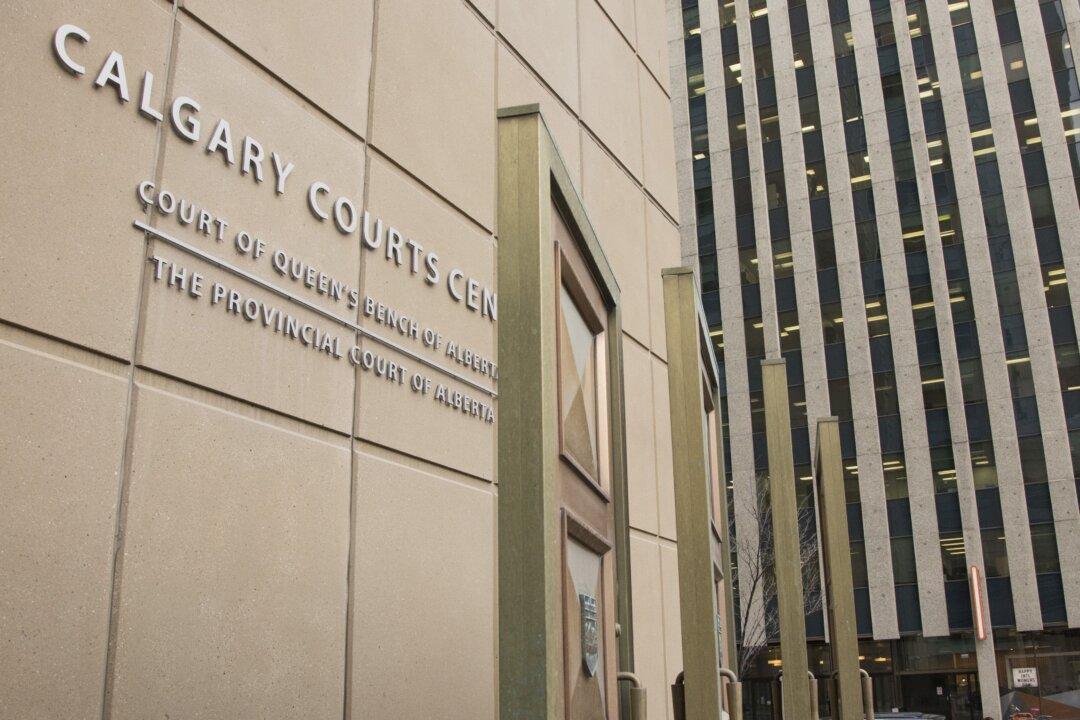A group of 50 Alberta lawyers has forced a special meeting to take place in objection to a new rule that lets the Law Society of Alberta (LSA) dictate the professional development courses a lawyer must take, on the threat of suspension for non-compliance.
The lawyers petitioned for a member vote on a new regulation, Rule 67.4, which allows the LSA to impose specific courses as part of mandatory professional development training. Lawyers will vote on the rule at the Feb. 6 meeting.





